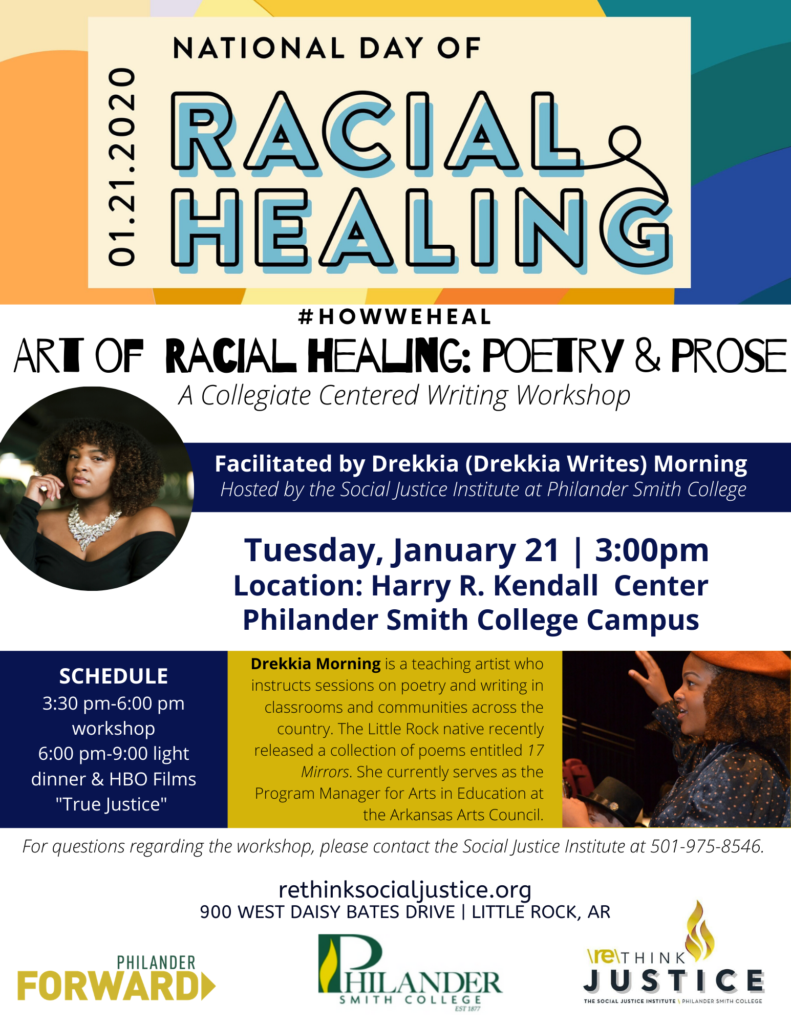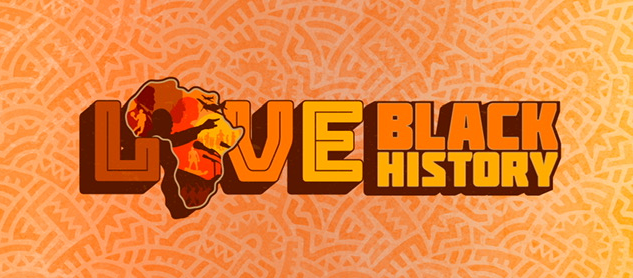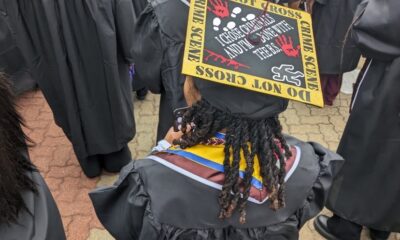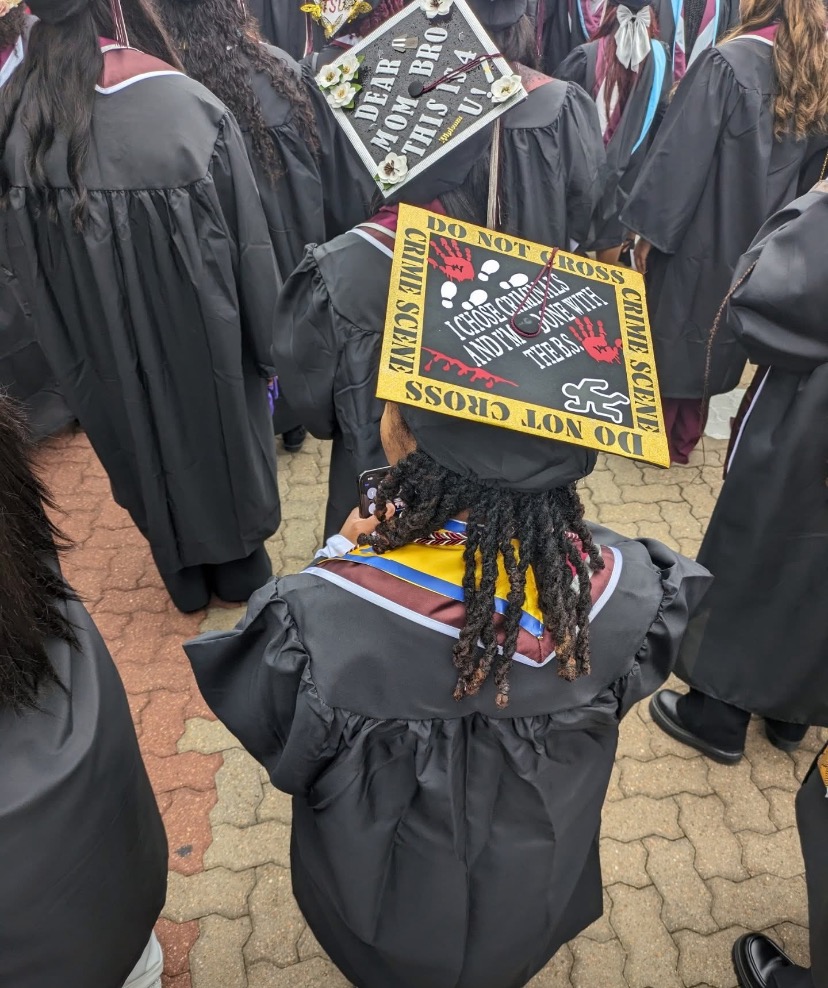The National
Day of Racial Healing, which the W.K. Kellogg Foundation started as part of
its Truth, Racial Healing & Reconciliation campaign, provided America
another opportunity today to repair fissures in its disturbingly fractured
sociological landscape. This year’s effort followed the Rev. Dr. Martin Luther
King Holiday and capitalized on the urgency many prominent leaders expressed
about a racially divided America.
“We are at a crossroads, and we are on the verge of a very
dangerous period, and we will have to choose where we’re going,” Rev. Al
Sharpton said at the National Action
Network’s King Holiday celebration held at the Mayflower Hotel in Washington,
D.C.
The son of the slain Civil Rights Leader, Martin King, III,
said, “Let’s keep on working, we are going to work tirelessly. Hate will not
make America great, but it is love that will make America great.”
In Arkansas, Kwame and Clarice Abdul-Bey helped organize a
two-day event dedicated to racial healing. The couple started working to mend
racial rifts a few years ago when they founded the Arkansas
Peace and Justice Memorial Movement which documents the locations in
Pulaski County where incidents of racial violence, including lynching and
riots, occurred.
“There is a map of lynching sites, and it has who the person
was who was lynched and the locations,” Clarice Abdul-Bey explained. “In
Pulaski County, there is a total of 27 with the Wrightsville Boys being part
of that 27.”
The Abdul-Beys were inspired by the Equal Justice Initiative (EJI) founded by widely
acclaimed attorney Bryan Stevenson
who built the National
Memorial for Peace and Justice or the Lynching Memorial as it has become
known. The first marker recognizing a site of racial violence in Arkansas will
be placed in May, memorializing lynching victim
John Carter who was hanged from a telegraph pole in Little Rock. The mob
dragged his body down Main Street, and order was not restored until the
Governor called in the National Guard.
“We have been very blessed and fortunate that we have not
had in Pulaski County much resistance from landowners saying, ‘No, you cannot
place this marker,’” Abdul-Bey said.
Kwame Abdul-Bey added there has been a “tremendous” response
to their project from fellow Arkansans who have visited the national memorial
in Montgomery, Alabama.
He said, “We came back from the Museum in late August to do
what we’re doing. Since we’ve been back, we have met dozens of people who have
gone just as we have, and they have come back with the same mission.”
The Power
of Partnership
They have formed a partnership with ‘Just
Communities of Arkansas’ and its Executive
Director, Donald Wood. Early in his leadership at JCA, Wood mentioned his
interest in working with EJI. He had read Stevenson’s book and viewed Little
Rock’s proximity to Montgomery as a harbinger of collaboration.
Wood recalled, “My wife and I went to the Memorial, and I
came back, and at my next board meeting I wanted to talk in earnest about how
we could bring the remembrance project to Pulaski County.”
Friends suggested he reach out to the Executive Director of
the Social Justice Institute at Philander Smith College, Tamika
Edwards at Philander Smith College in Little Rock. Edwards passed Wood’s
information to the Abdul-Beys.
“They responded immediately with a wonderful email with
bullet points,” Wood said. “We just immediately clicked and hit it off.”
That was in June 2019. Together they completed EJI’s
“comprehensive and extensive” application process and by October they were
accepted as a facilitator for community remembrance projects in all of
Arkansas. Six counties in the state are already working on projects.
“I really do feel that Arkansas is a very special place, but
we still have a haunted and horrific history just like the other southern
states and most states in our country,” said Wood, an Arkansas native who has
lived around the country and abroad. “I hope we can model for the rest of the
country what it looks like to lead a truth and reconciliation movement. I don’t
believe it can only be transformational for the state, but for the rest of the
country as well.”
And, an increase in reports of racial violence around the
country indicates a pressing need for community conversations dedicated to
healing.
“I do think we are in a unique time right now, socially and
politically,” Wood remarked. “As our world seemingly becomes more and more
accessible to people because of the internet and the connections we have
through digital media, we are almost forced, more than ever to be a community,
and it’s up to us to decide how we will commune, whether that’s inclusively or
exclusively.”
The Abdul-Beys and Wood at JCA have a plan and
a national partner with worldwide respect. It’s a promising combination at a
time when courageous leadership to address lingering injustice in Arkansas and
America is essential to prevent a repeat performance of the acts that created
such a painful past.
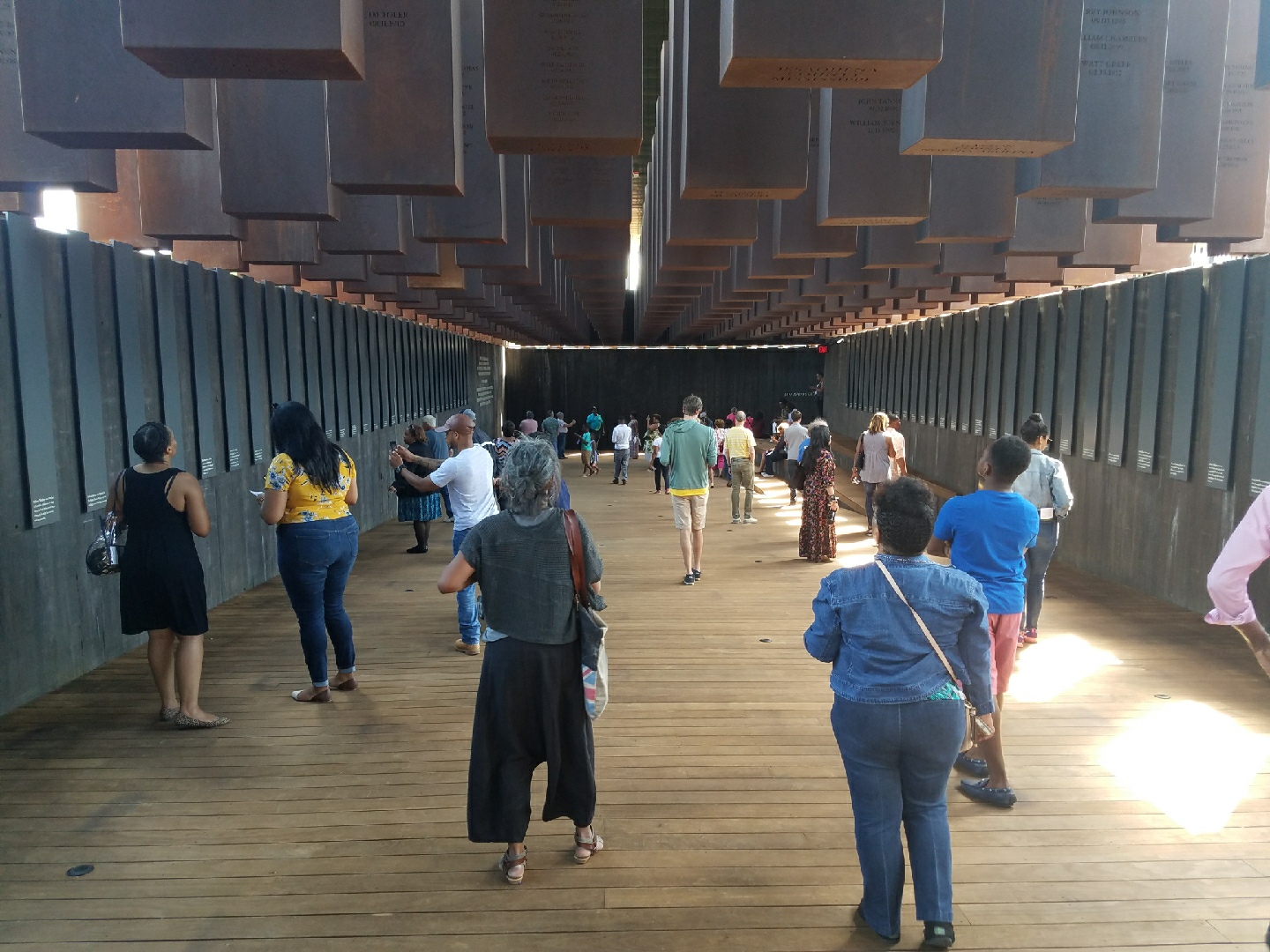

 Black History5 years ago
Black History5 years ago
 Black History6 years ago
Black History6 years ago
 Black History4 years ago
Black History4 years ago
 Black History5 years ago
Black History5 years ago
 Black History5 years ago
Black History5 years ago
 Black History6 years ago
Black History6 years ago
 Black History9 years ago
Black History9 years ago
 Black History5 years ago
Black History5 years ago
